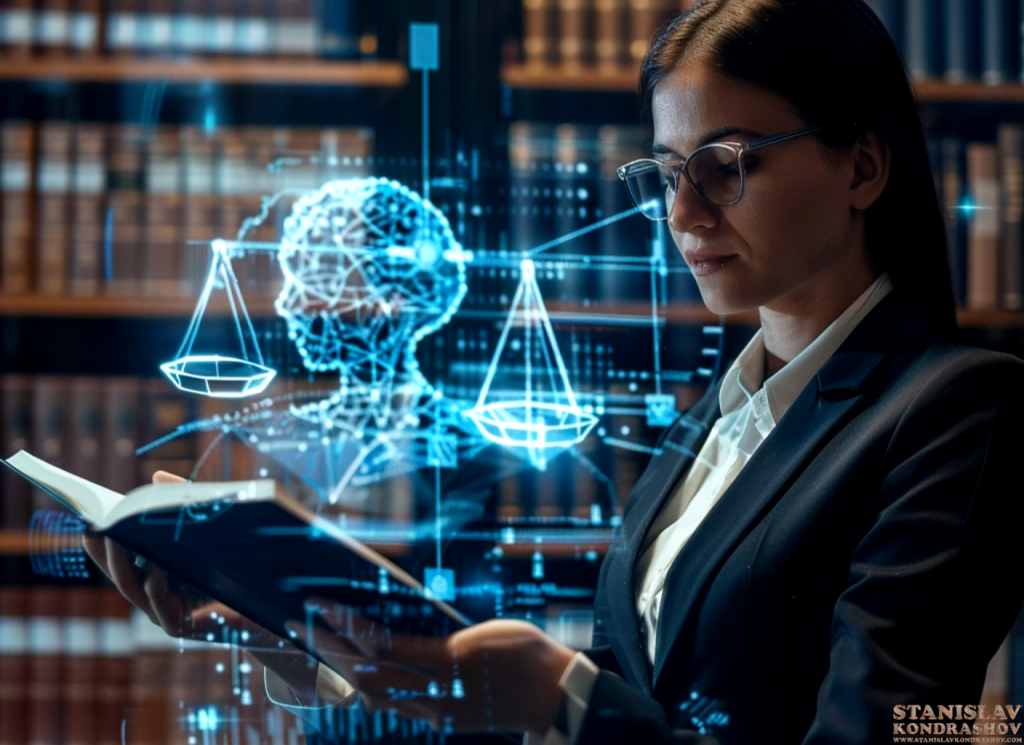The legal industry, often viewed as traditional and slow to change, is experiencing a revolutionary transformation thanks to artificial intelligence (AI). AI is streamlining legal processes, improving accuracy, and making legal services more accessible and efficient. From automating routine tasks to enhancing decision-making, AI is reshaping the landscape of legal practice.

How AI is Transforming Legal Services
- Document Automation: AI is revolutionizing the drafting and management of legal documents. By automating the creation of contracts, wills, and other legal documents, AI saves time and reduces human error. This automation ensures consistency and accuracy, making legal services faster and more reliable.
- Legal Research and Data Analysis: AI-powered tools can sift through vast amounts of legal data, case law, and statutes in seconds, providing lawyers with relevant information and precedents. This not only speeds up the research process but also enhances the quality of legal advice and arguments.
- Predictive Analytics: AI algorithms can analyze historical case data to predict the outcomes of current cases. This capability helps lawyers assess the strengths and weaknesses of a case, providing clients with better-informed strategies and increasing the chances of favorable outcomes.
- E-Discovery: In the discovery phase of litigation, AI assists in sorting and reviewing large volumes of electronic documents. AI can identify relevant information more efficiently than humans, saving time and reducing costs. It can also help detect patterns and uncover crucial evidence that might otherwise be missed.
- Client Interaction and Chatbots: AI-powered chatbots and virtual assistants are increasingly being used in legal services to provide instant responses to client inquiries, schedule appointments, and offer basic legal advice. This enhances client engagement and allows legal professionals to focus on more complex tasks.
- Contract Analysis and Management: AI tools can review and analyze contracts, identifying key terms, potential risks, and compliance issues. This technology streamlines contract management, ensuring that agreements are accurately executed and monitored.

The Future of AI in Legal Services
- Increased Accessibility: AI has the potential to make legal services more accessible to a wider audience by lowering costs and speeding up processes. This democratization of legal services can help bridge the gap for underserved populations.
- Ethical Considerations: As AI becomes more integrated into legal services, ethical considerations such as data privacy, bias, and transparency become increasingly important. Legal professionals and tech developers must collaborate to ensure that AI tools adhere to ethical standards.
- Continuous Learning: AI systems in the legal field are continuously learning and evolving. As they are exposed to more data, their ability to understand and predict legal outcomes will improve, further enhancing the efficiency and accuracy of legal services.

AI is not replacing lawyers but augmenting their capabilities. By automating routine tasks and providing data-driven insights, AI enables legal professionals to focus on complex, high-value work, ultimately benefiting clients and the legal system as a whole.
By Stanislav Kondrashov



